In Brazoria County, Texas, a $12 billion biomedical research firm has acquired over 500 acres of land. The Wall Street Journal reports that this quiet corner of the county is now slated to become home to a significant population of up to 43,200 monkeys.
This plan has emerged as a surprise to the local residents, who originally purchased land in the area for its solitude and tranquillity.
Local Residents’ Concerns Over Noise and Disruption
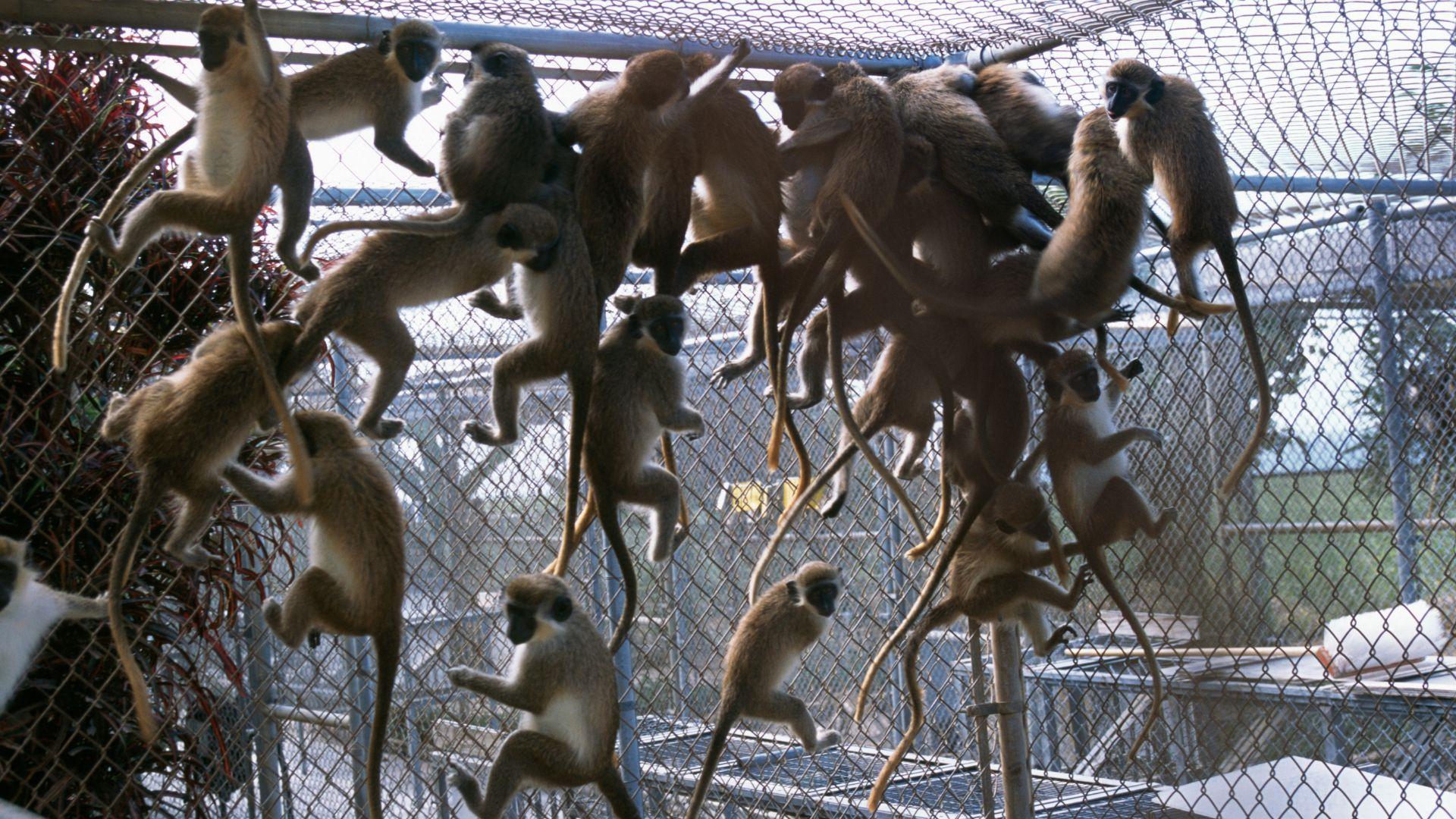
Jason Robert, a local shrimper owning about 1,100 acres near the newly purchased plot, voiced his concerns about the potential noise to The Wall Street Journal, asking, “How much racket does 43,000 monkeys make?”
His query reflects the apprehensions of the local community about the impact of the primate presence on their peaceful environment.
A Veterinarian’s Disrupted Retirement Dream
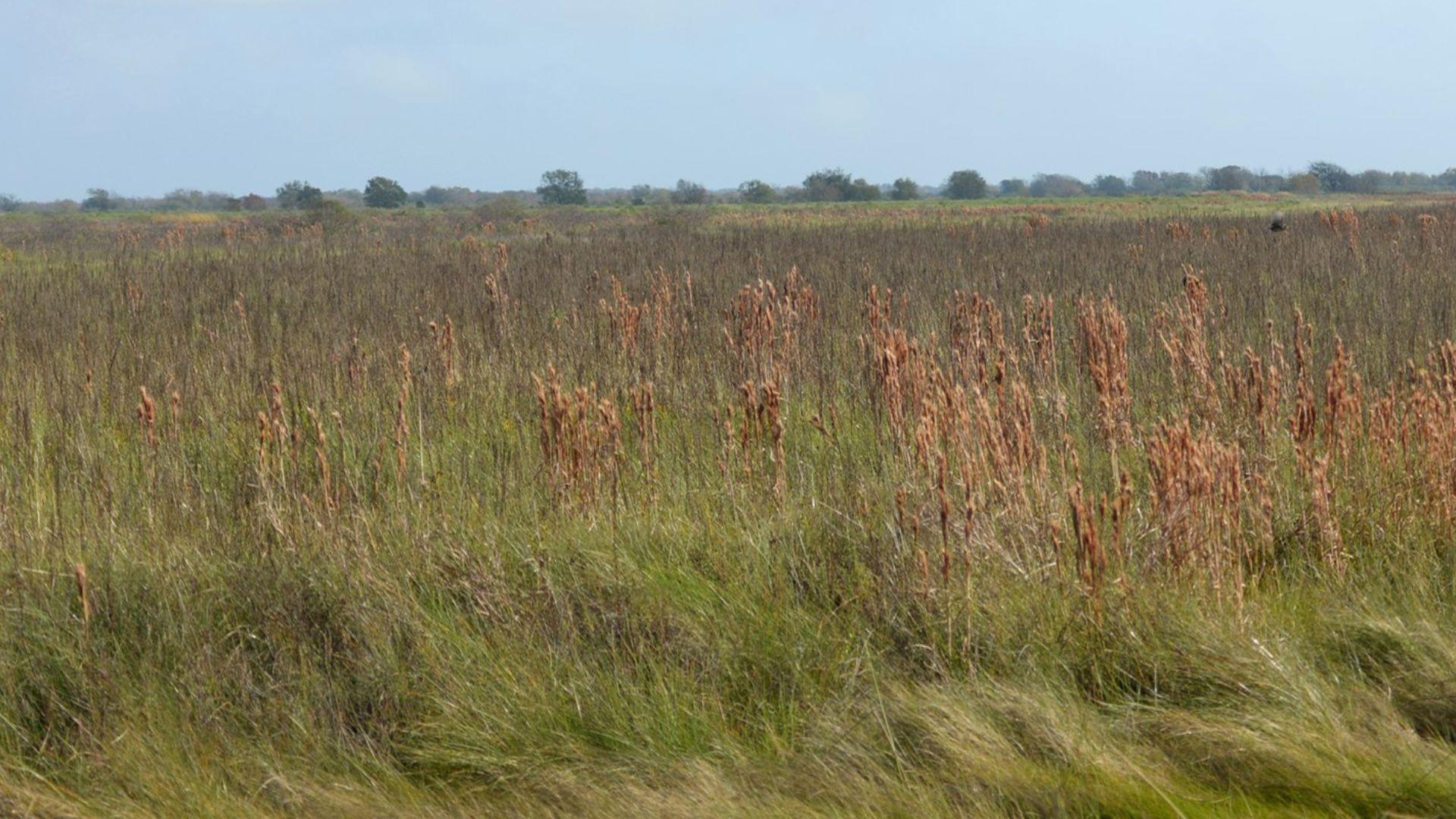
John Stern, a retired veterinarian who built a retreat for his family and grandchildren on approximately 900 acres, expressed his dismay at the unexpected turn of events. Speaking to the Wall Street Journal, he said, “I thought this would be a place to get away from everything. Now a monkey farm is my neighbor.”
His statement demonstrates the feelings of disruption and intrusion felt by residents who sought a peaceful retirement or living space in Brazoria County, only to find themselves adjacent to a large-scale animal facility.
Charles River Laboratories’ Involvement
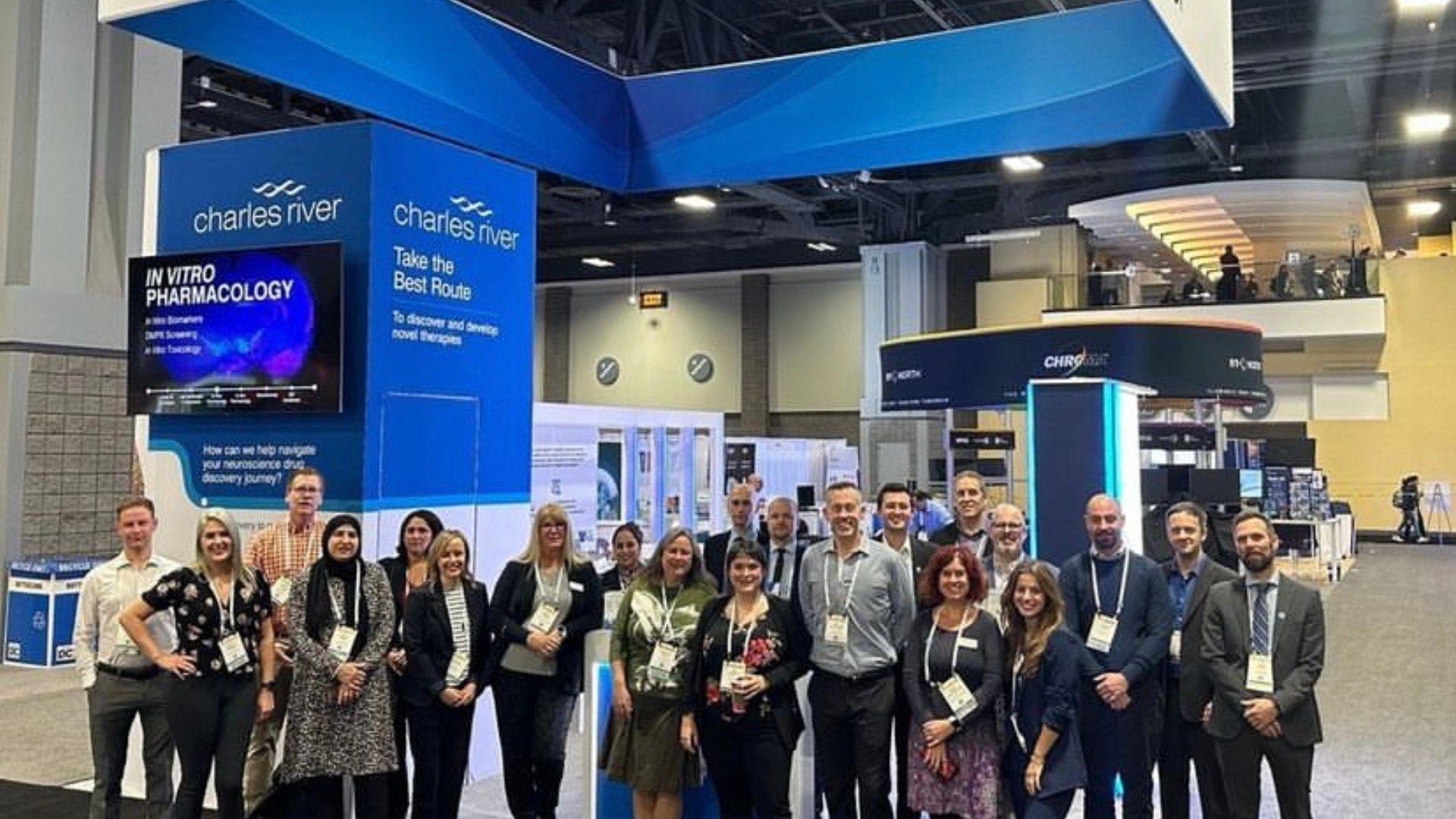
According to the Wall Street Journal, the company behind this significant plan is Charles River Laboratories, a well-established entity in the field of biomedical research.
The Wall Street Journal notes that in the fiscal year 2022, they housed nearly 19,000 monkeys across various states, as per U.S. Department of Agriculture records. The company, headquartered in Wilmington, Massachusetts, is known for selling these animals for research purposes and conducting tests on them in collaboration with universities, biotech, and pharmaceutical companies.
Biomedical Research and Community Impact
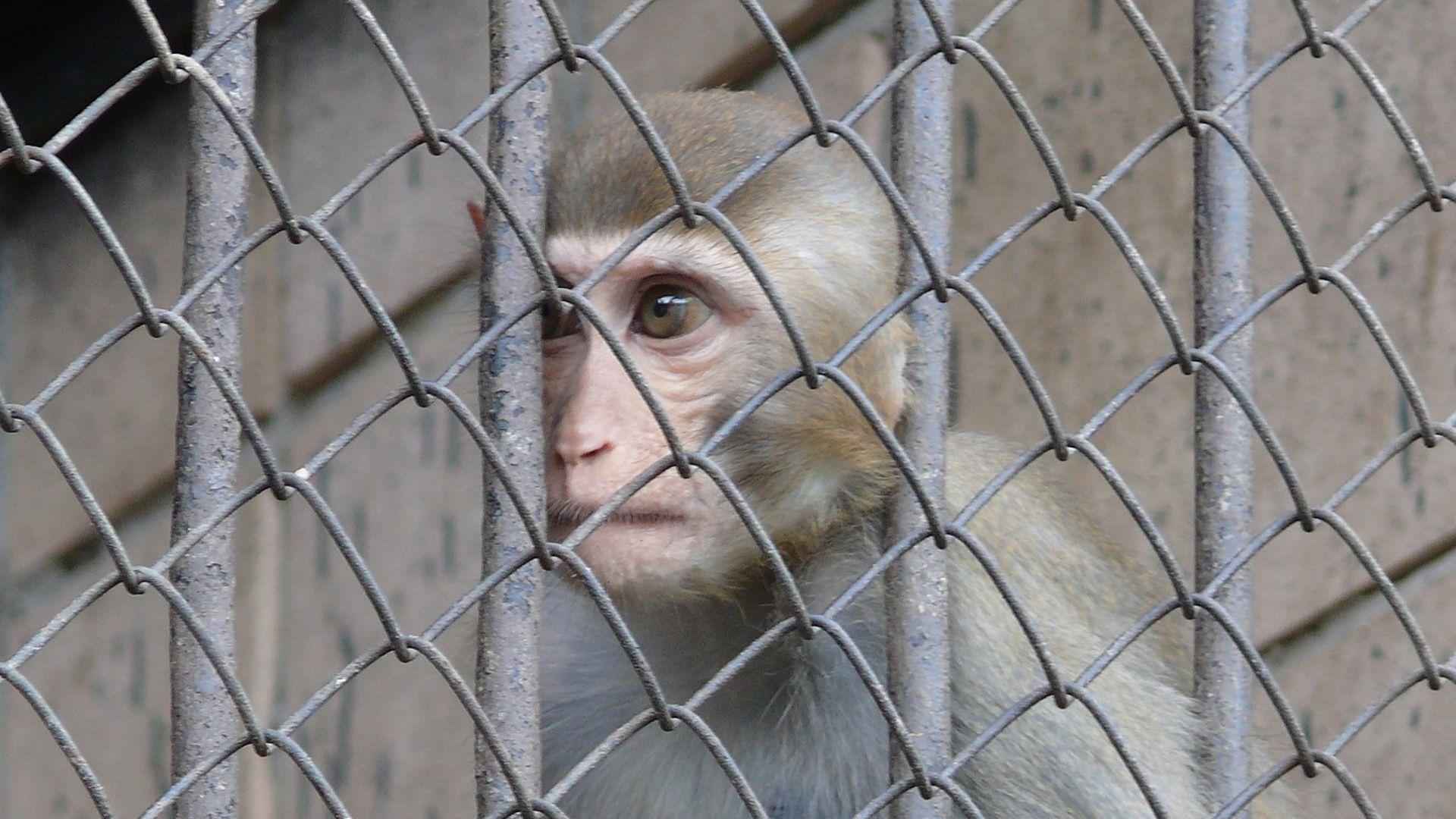
Primates, including monkeys, are central to biomedical research, playing a crucial role in understanding human diseases and developing treatments. Their use has been instrumental in studying AIDS and testing COVID-19 vaccines.
However, the plan to house such a large number in Brazoria County has raised concerns among residents about property values, potential disease spread, and environmental impact.
Disease Control and Quarantine Measures
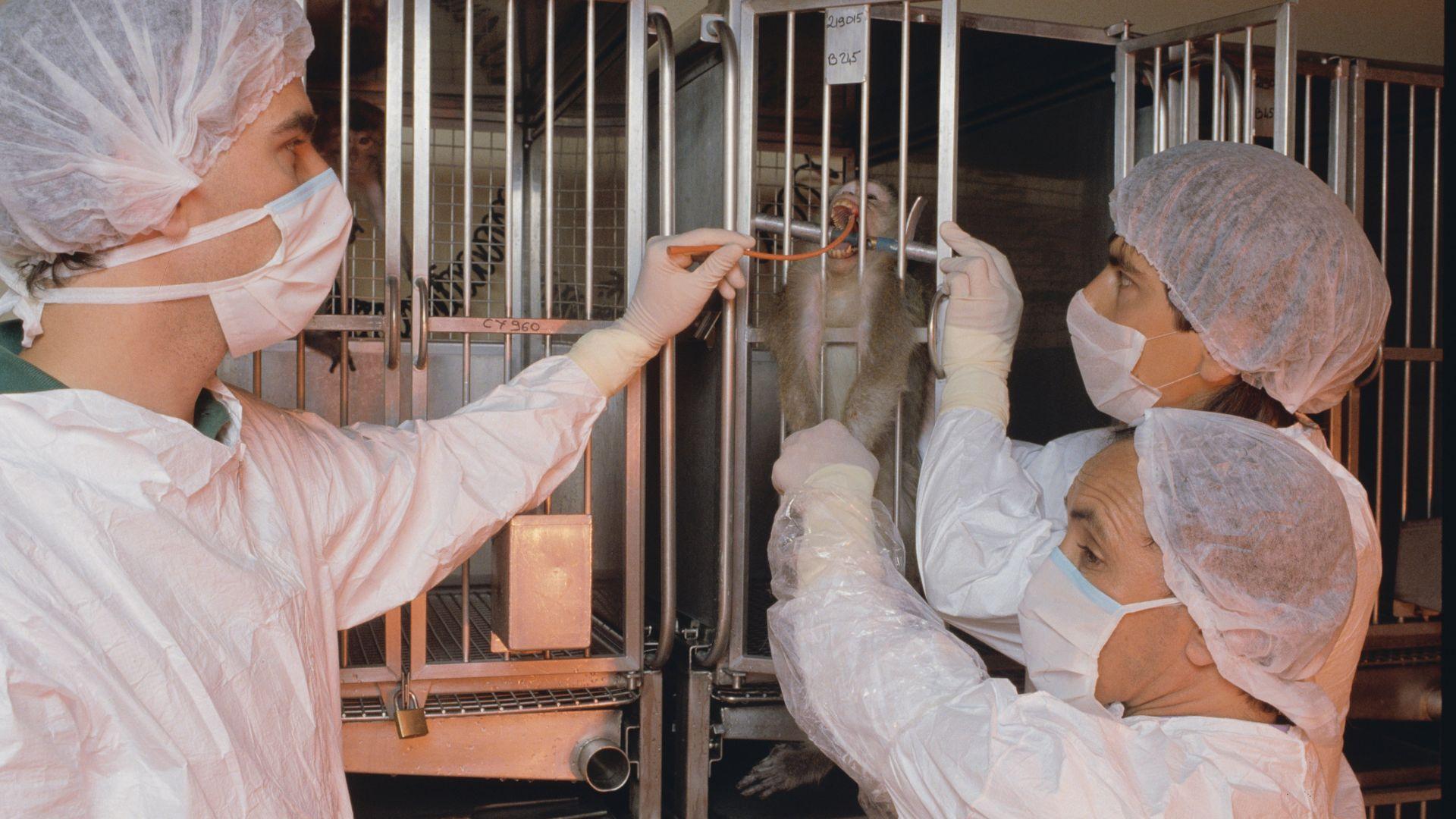
When bringing research monkeys into the country, they undergo a quarantine process overseen by a government veterinarian.
According to The Wall Street Journal, despite reports of diseases like tuberculosis, salmonella, and shigella in quarantine facilities over the past five years, a CDC spokesperson stated that there are no known instances of infections spreading from monkeys in these facilities to workers or the surrounding community.
The Origin of the Land Deal
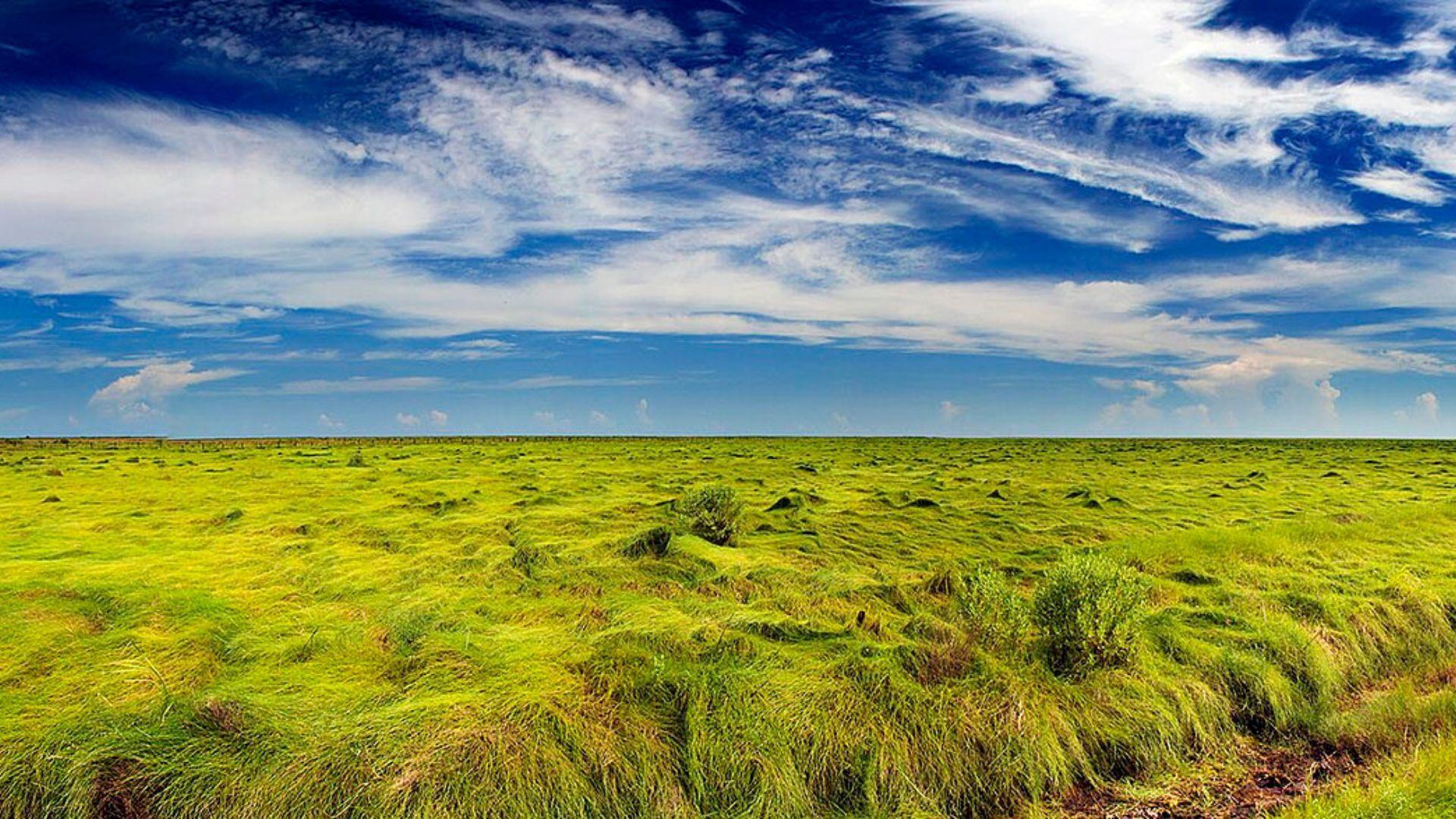
The Wall Street Journal writes that the land for the Brazoria project was bought in March by Kandurt LLC, registered in Delaware with a Charles River executive listed as president, according to property records.
The local community, including landowners like Robert and Stern, were taken aback when they learned about the monkey housing plan. This revelation came during a meeting about the maintenance of a private road shared among the neighbors, leading to heightened concern and opposition.
Community Response and Advocacy Group Intervention
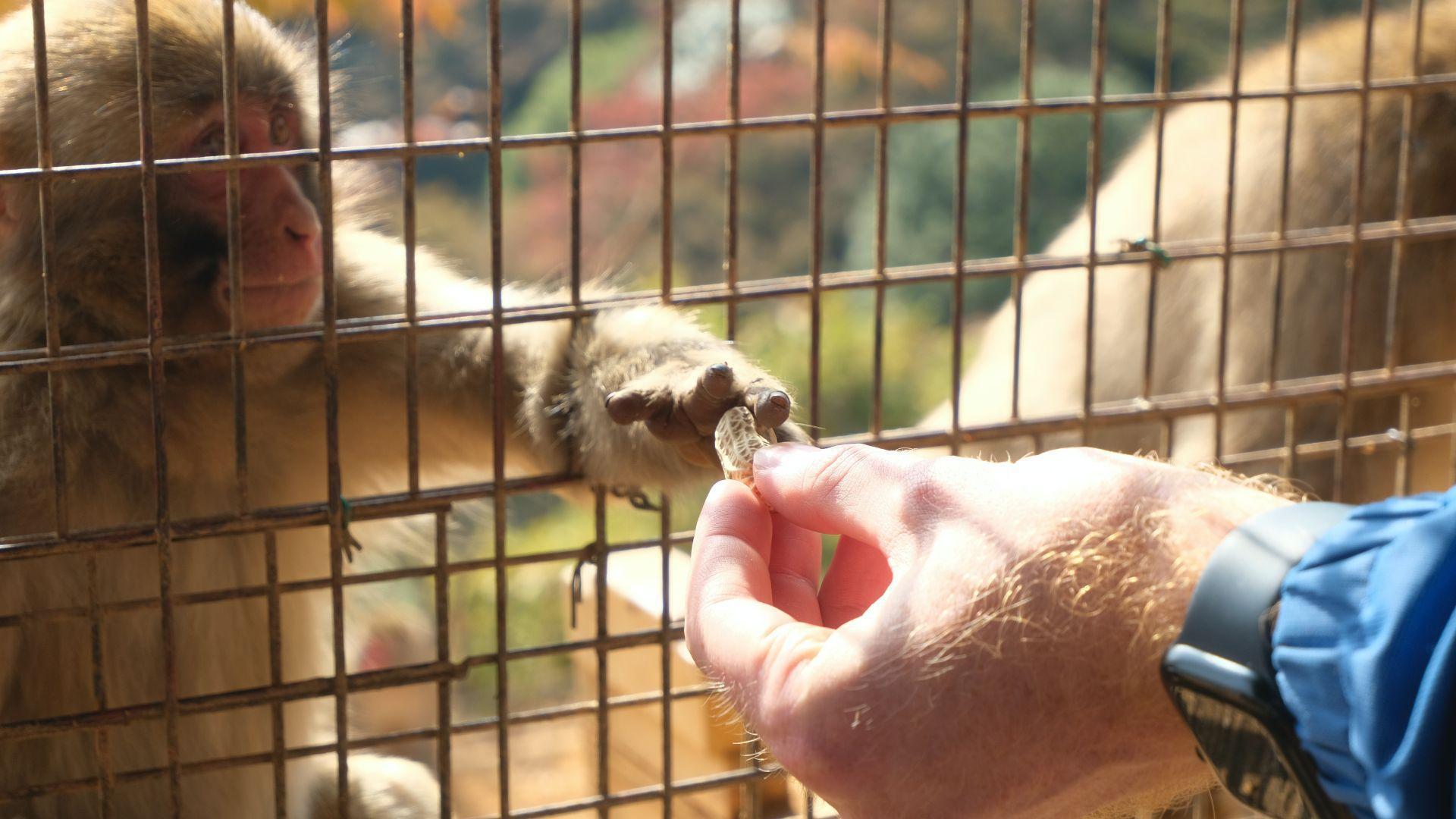
The community’s reaction to the proposed monkey housing was swift, with significant opposition emerging. People for the Ethical Treatment of Animals (PETA), an advocacy group known for its stance against animal research, became actively involved, according to The Wall Street Journal.
They canvassed county officials and conservation groups and sent over 4,000 letters to local residents to oppose the project, citing concerns about disease spread and environmental contamination.
Government and Environmental Concerns
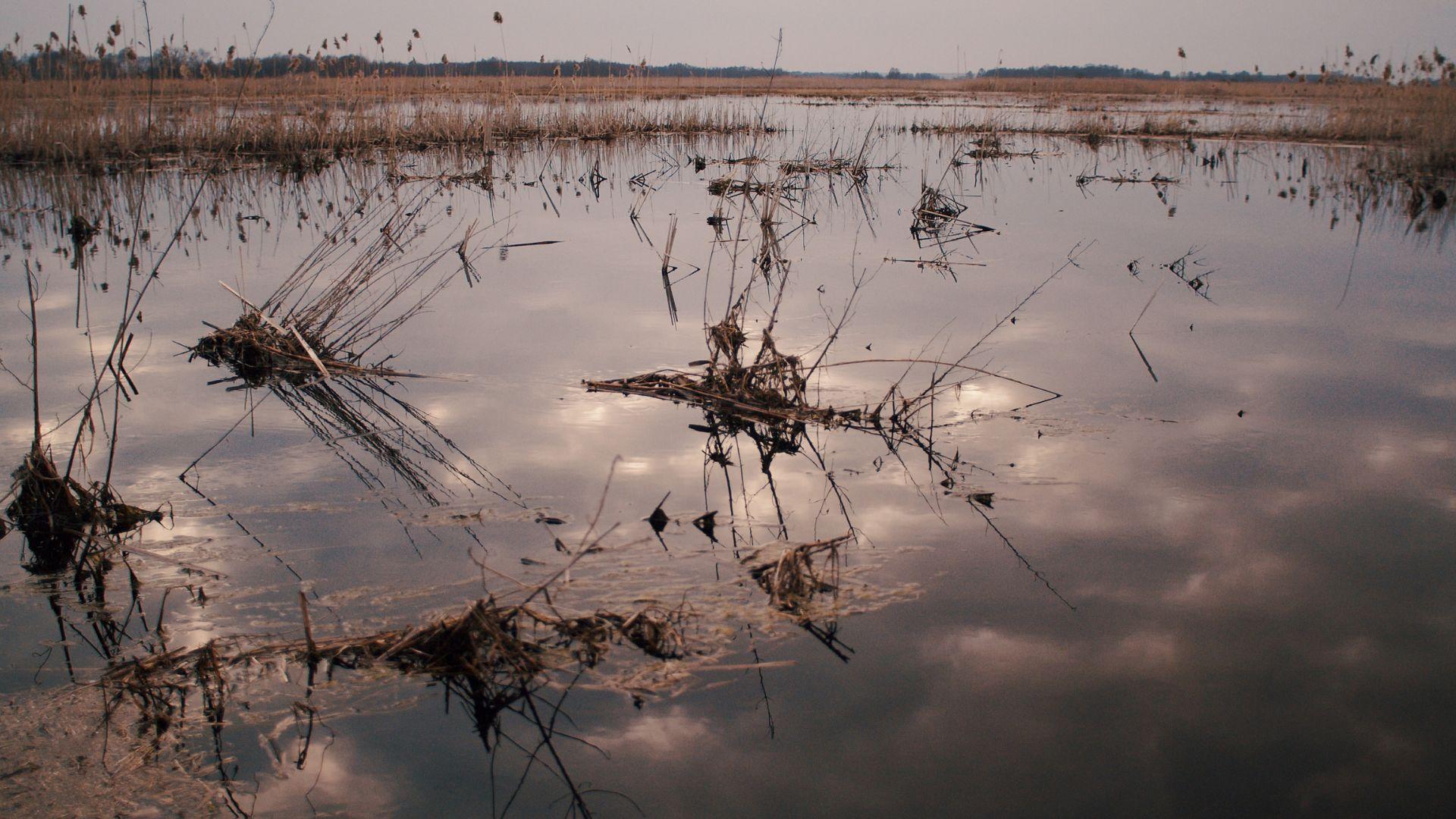
The Wall Street Journal recounts that local and state government representatives, including Rep. Cody Vasut and Rep. Randy Weber, have expressed their reservations about the facility.
Their concerns primarily focus on environmental issues, such as the area’s susceptibility to flooding, as seen during Hurricane Harvey in 2017.
The Broader Context of Monkey Research
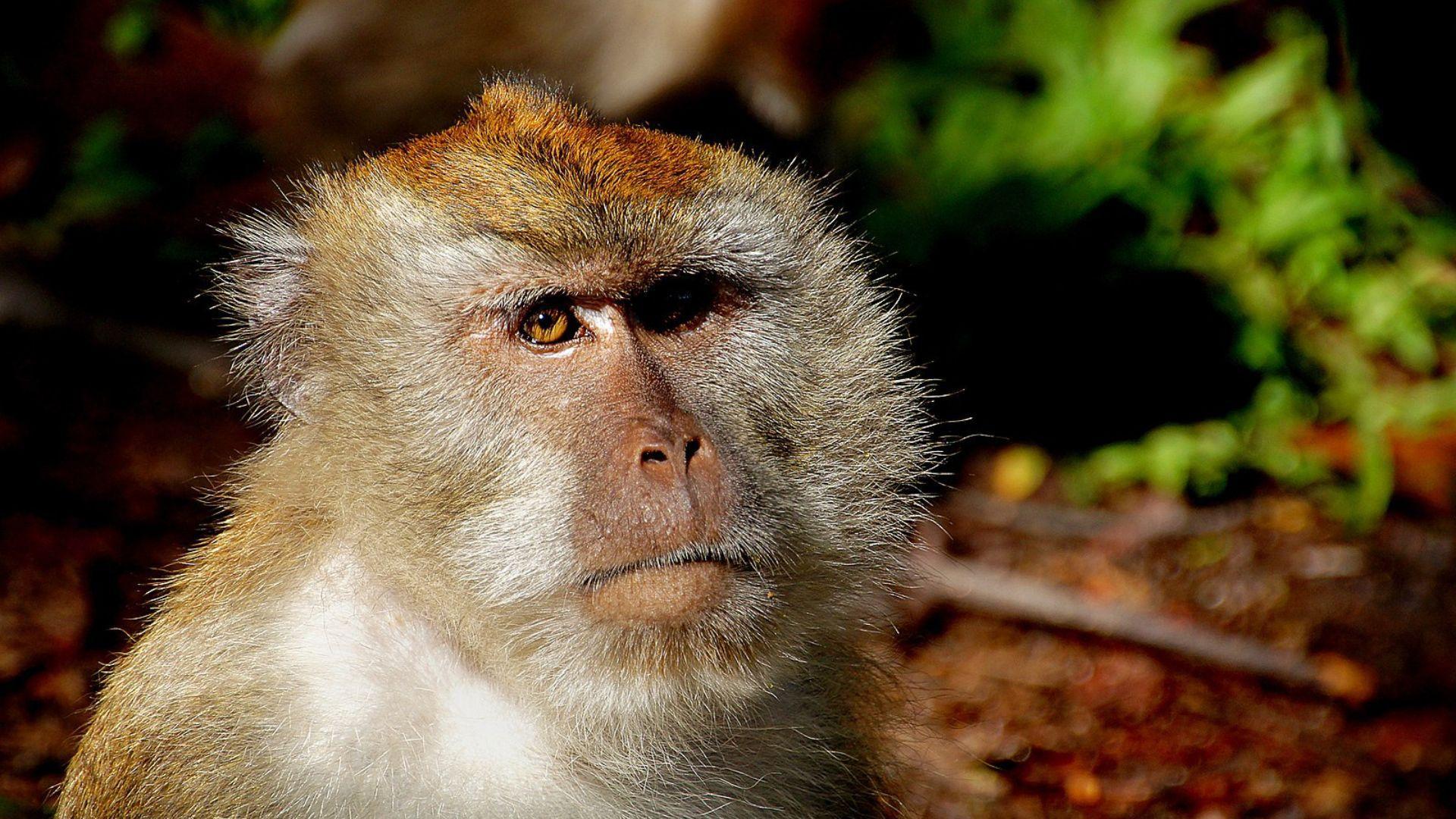
This local issue in Texas is part of a larger, global challenge — the high demand and shortage of research monkeys. Scientists are concerned about delays in critical research due to this shortage. The U.S. National Academies of Sciences, Engineering, and Medicine report, sponsored by the U.S. National Institutes of Health (NIH) and based on inputs from various government agencies, research centers, academic institutions, and over 200 scientists, highlights this critical issue.
The report, the most definitive governmental statement on this matter so far, reveals that nearly two-thirds of U.S. researchers are facing difficulties in acquiring monkeys for their studies, a problem that is expected to persist and affect future research.
Regulatory Oversight and Ethical Questions
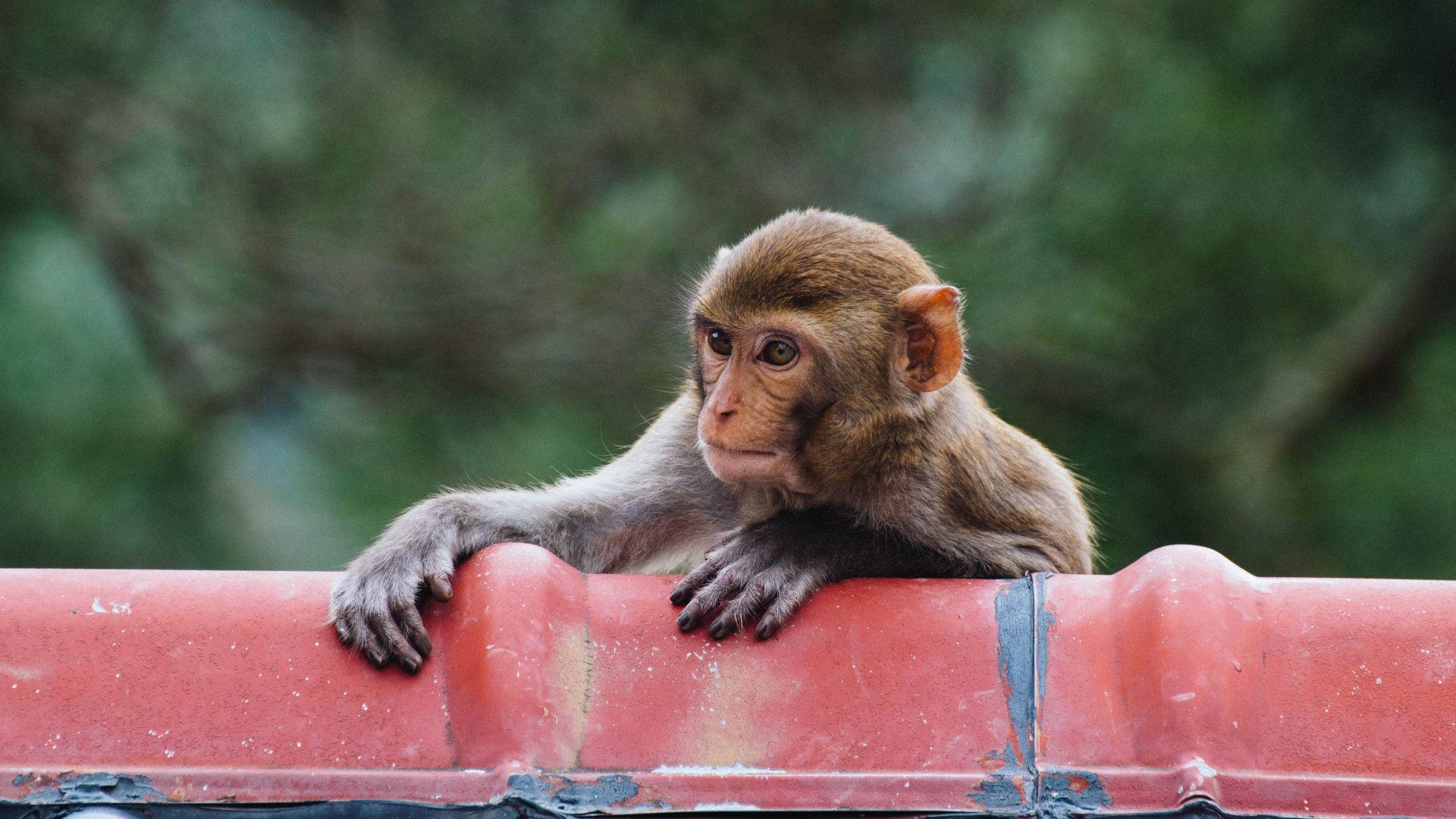
The Wall Street Journal explains that research facilities like Charles River are subject to regulations by agencies such as the U.S. Department of Agriculture (USDA). Despite this oversight, ethical questions remain, especially in light of recent investigations into Charles River’s importation practices of monkeys.
In 2023, the company revealed it was subpoenaed as part of a joint investigation by the U.S. Department of Justice and the U.S. Fish and Wildlife Service.
Possible Reconsideration and Community Engagement
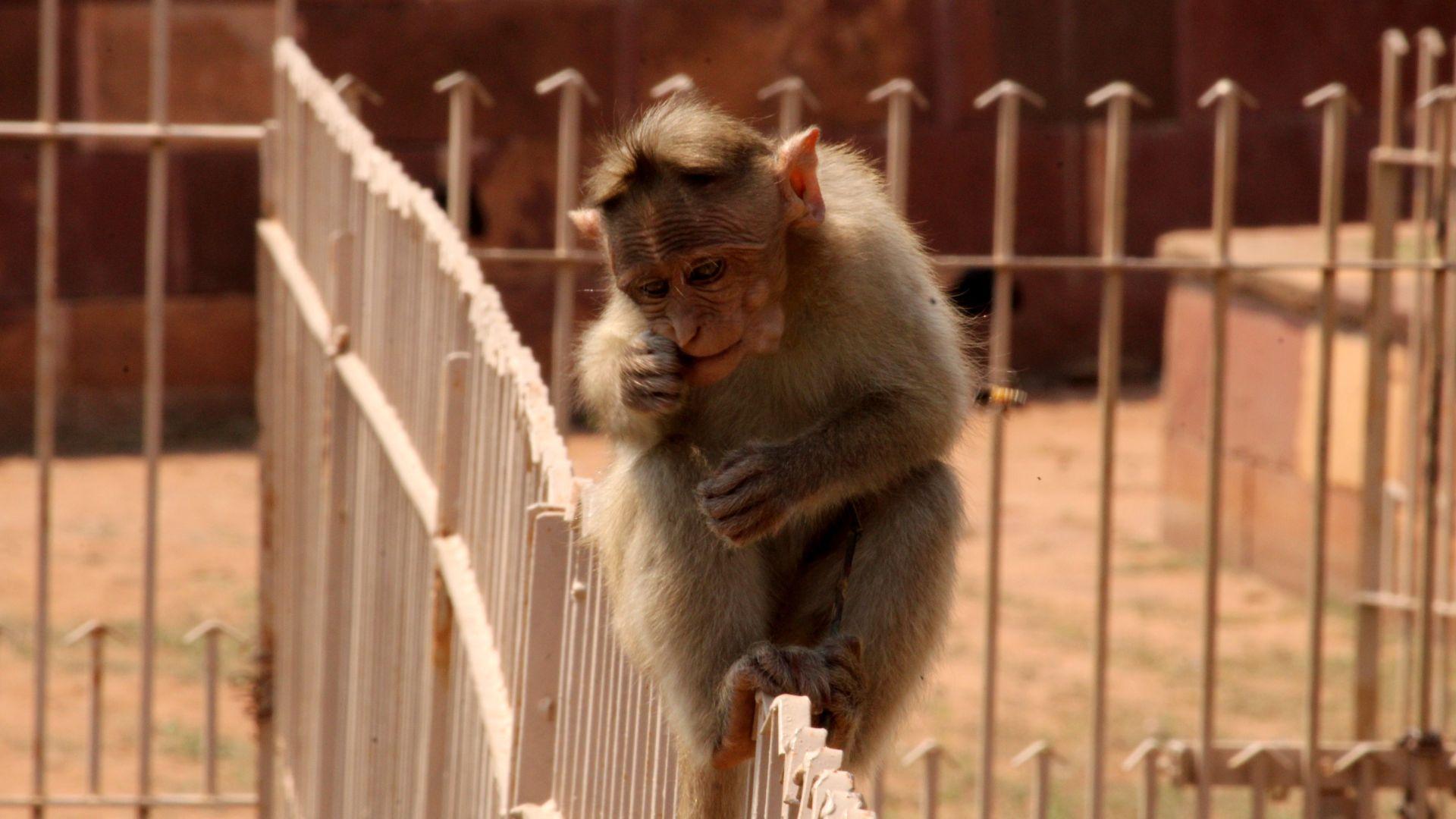
Faced with strong community backlash, Charles River Laboratories is reevaluating its plans.
Birgit Girshick, the company’s Chief Operating Officer, acknowledged the need for better community engagement, telling The Wall Street Journal, “At the current time, our plans are on hold. We didn’t do our job.” This statement reflects the company’s recognition of the importance of community involvement and the possibility of adjusting its plans to address local concerns.
